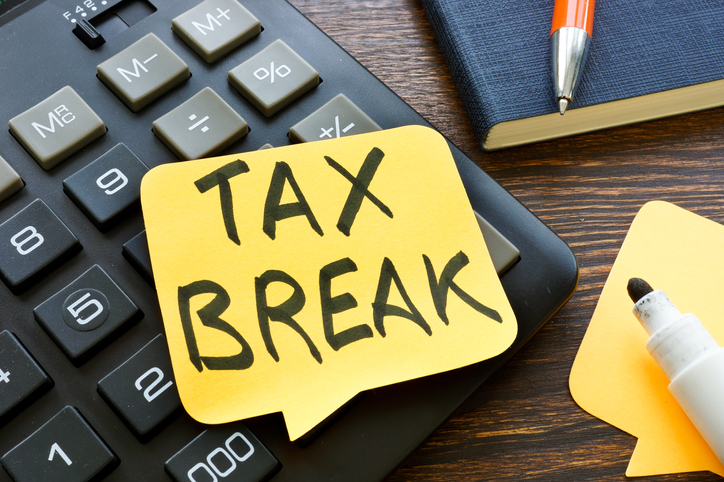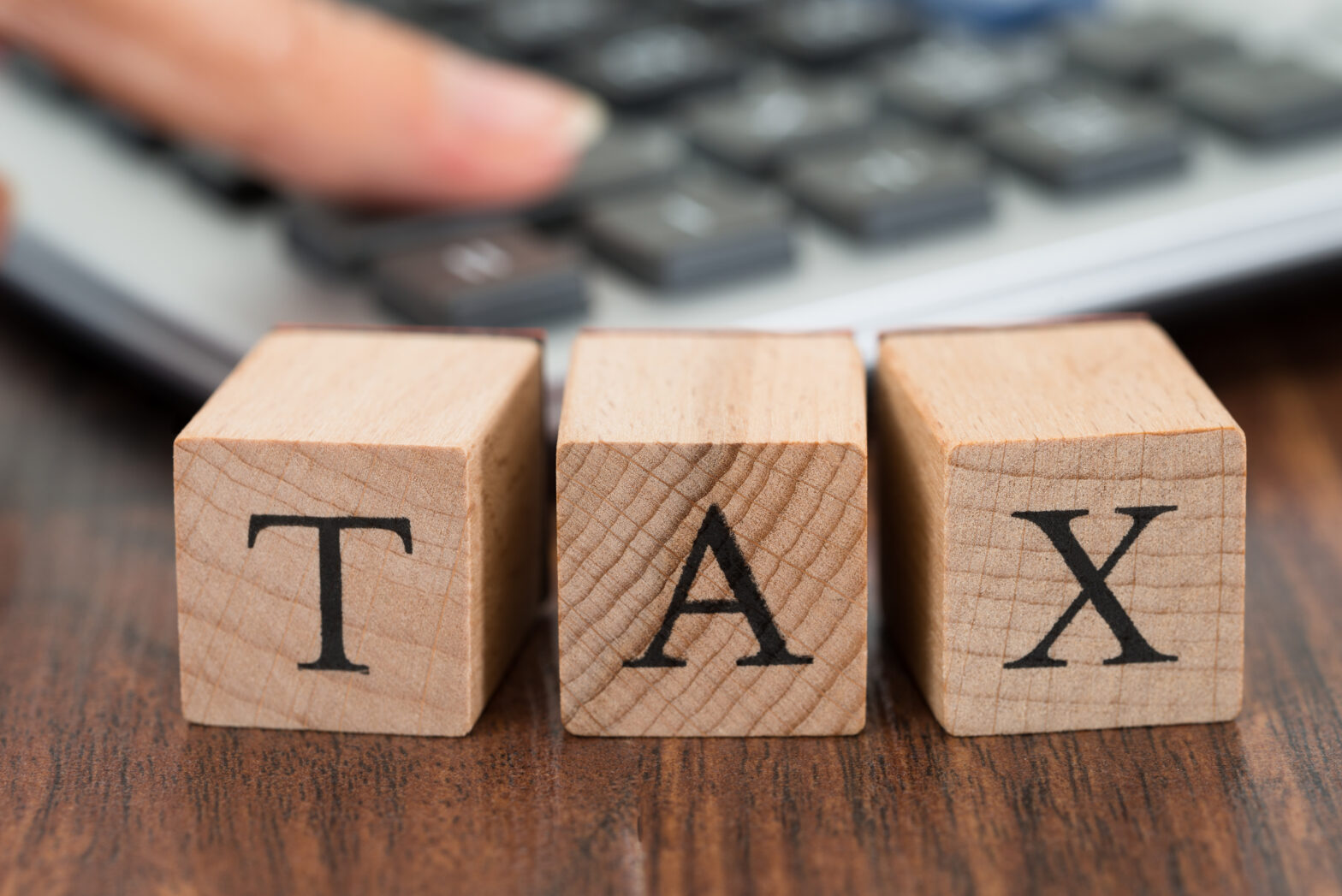Setting up a new business is exciting and challenging. It’s often the culmination of years of planning and you’ve probably concentrated on your vision and your brand and forgotten about tax. There are certain tax breaks that allow the business owner to save money that can be invested into the new company. Here are five useful tax breaks:
1. R&D tax credits
Even if you don’t feel that your company qualifies for this tax break, it’s well worth investigating further and possibly contacting R&D tax credit experts to see if they can advise you. Even if your small business is running at a loss you may find that you are entitled to R&D tax credits. The definition used by HMRC is broad and you don’t have to be engaged in laboratory work to benefit from this incentive. Software developers, architects and many other professions have all successfully claimed R&D tax relief as a result of this incentive. If you are wondering whether you might be able to submit a claim, this handy test offered by Surrey accountants RJP LLP could help answer your questions.
Related: Boost your chance of getting R&D tax credits – despite the crackdown
2. A useful resource
Always try to make use of your Annual Investment Allowance (AIA) in order to claim 100 per cent tax relief on any assets that can qualify as machinery and plant in the first year of purchase. This can provide a significant tax saving, especially for businesses that invest heavily in equipment and machinery.
Claiming capital allowances can also provide further tax relief by allowing you to write off the cost of assets over time. This can help businesses to reduce their taxable profits and improve their cash flow.
Some environmentally friendly assets, such as electric cars and vehicles with zero CO2 emissions, qualify for a 100% first-year allowance. This means that businesses can claim the full cost of these assets against their taxable profits in the first year, providing a significant tax saving. Investing in these types of assets not only helps businesses to reduce their carbon footprint but also provides a financial benefit through tax relief.
However, the criteria for these assets are quite strict; so do check that your business will qualify.
3. The Seed Investment Scheme
Take advantage of the Seed Enterprise Investment Scheme (SEIS). A business that’s just started and is looking for additional capital but doesn’t want to go to a bank can use this scheme that gives generous tax breaks to potential investors.
Another similar tax break that tempts potential investors to fund your SME’s growth is the Enterprise Investment Scheme (EIS). This scheme helps all SME’s not just start-ups. The income and capital gains tax reliefs alone make this a tempting proposition for potential investors. Caution needs to be exercised to ensure the tax relief is available to investors by following a strict procedure when applying for funds and getting the appropriate approval from HMRC for any schemes.
Related: Why should entrepreneurs care about EIS and SEIS?
4. Small business rate relief
If your business property’s value is less than £15,000 and your business only uses one property, you could be eligible for small business rate relief.
If you qualify for this type of rate relief, you won’t pay any business rates on properties with a ratable value of £12,000 or less. And for properties with a rateable value between £12,001 to £15,000, the relief will gradually reduce from 100% to 0%.
For example, if your rateable value is £14,000, you’ll get 33% off.
Related: Small businesses unaware of potential tax reliefs
5. Reduce NICs with the Employment Allowance
If you have employees, claiming the Employment Allowance reduces the amount of national insurance you have to pay each year by up to £5,000. This works by you ‘claiming’ the allowance each month via your firm’s payroll process, as NIC liabilities arise. It means that no NICs are payable until your company’s entire £5,000 allowance has been used up. In some cases, a company can completely eliminate their Employer’s NIC bill as a result. Note, it is not possible to claim the allowance if your company only has one employee/director.




